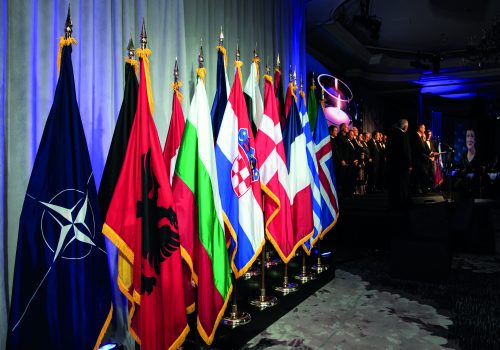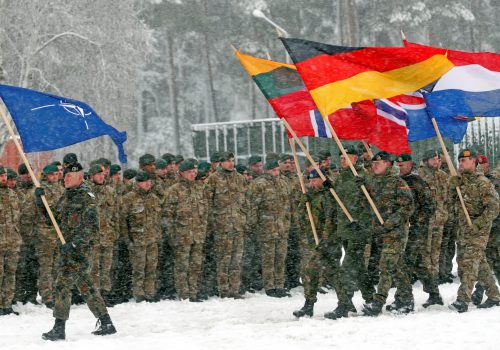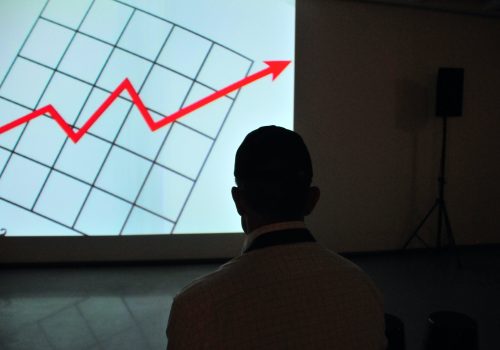Atlantic Council IN TURKEY
Promoting bilateral dialogue between the United States and Turkey on core issues of energy, economics and business, migration, and security.
The Atlantic Council IN TURKEY aims to shape the relationship between the United States and Turkey by promoting bilateral dialogue through programming designed to underpin the following core issue areas: energy, economics and business, migration and security. The program operates with the overarching goals of ensuring Turkey’s place among the leading developed economies and promoting constructive US engagement in the region.
The council has had a presence in Turkey for more than ten years, but in the midst of an increasingly challenging environment, it launched the Atlantic Council IN TURKEY Program two years ago to double down on its commitment to engagement and dialogue with the region.
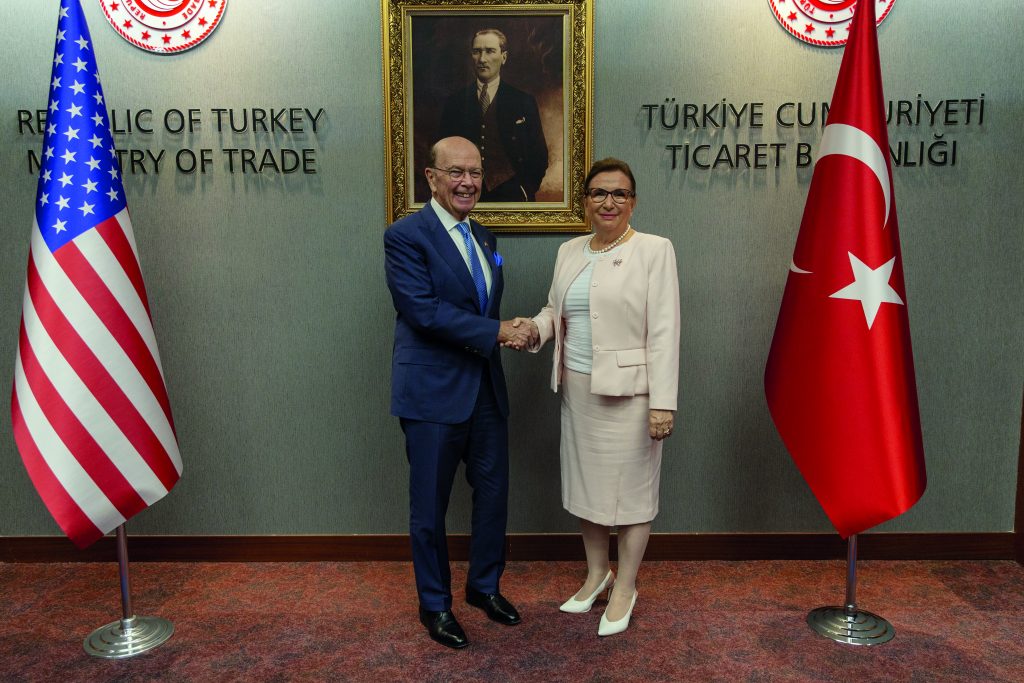
The nearly seven decades-old US-Turkey alliance currently faces dramatic tensions and is buffeted by complex geopolitical and economic forces. Tensions between the United States and Turkey have surfaced in recent years due to a number of disagreements including in Syria over the YPG militia and over the S-400 missile system. Energy is one of the most important sectors for Turkey, with economic and strategic implications stretching beyond Turkey and into the surrounding region. The energy sector also presents an important bilateral commercial opportunity. In February 2019, the council hosted a conference on new regional gas market dynamics under liquefied natural gas (LNG) expansion and the shale gas revolution. The event explored the impact of new gas sources, including US LNG; the expansion of the Southern Gas Corridor; and East Med gas on regional energy security and energy markets.
As Turkey maintained its vital role in addressing and managing the Syrian refugee crisis, migration continued to be a key pillar of the Atlantic Council IN TURKEY’s work in 2019. Turkey is now the world’s largest refugee hosting nation with almost four million refugees. In April, the program organized a high-level roundtable at the European Parliament in Brussels focused on Turkey’s relationship with the European Union, particularly in regard to migration issues.
US-Turkey relations are a cornerstone for transatlantic security and stability along NATO’s Southern flank. In 2019, the council hosted a series of high-level roundtables featuring visiting Turkish policy makers in Washington, DC, culminating in a discussion with Turkey’s Minister of Foreign Affairs Mevlut Çavuşoğlu in November. The timely discussion with Minister Çavuşoğlu took place just one day after US President Donald Trump hosted Turkish President Recep Tayyip Erdoğan at the White House during the aftermath of Turkey’s military operation in Northern Syria.
This year, the program will deepen its engagement, outreach, and impact both in Turkey and the United States by launching its blog TURKEYSource to provide analysis and insight on Turkey and related developments. TURKEYSource will provide coverage from Turkish, regional, and international experts; webinars on timely issues with high-level speakers from both governments and the private sector; and in-depth analysis through reports on Eastern Mediterranean energy resources as well as the economic inclusion of Syrians in Turkey. The program also has increased its international outreach through cooperation with the European Bank for Reconstruction and Development and the United Nations Development Programme.
Next:
Read the full report:
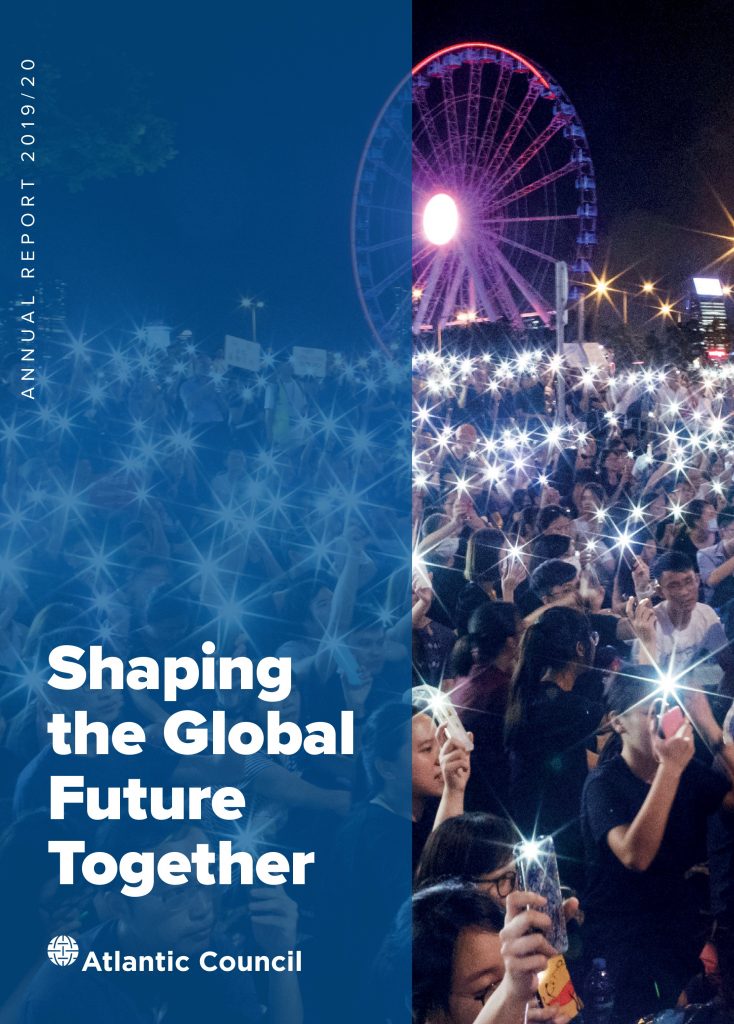
Annual Report 2019/2020
John FW Rogers, Chairman of the Atlantic Council, and Fred Kempe, CEO and President, explain how our past year’s performance, and a dozen years of growth and innovation, helped position us for the historic disruptions of 2020. Read the full introduction.
Image: Image: U.S. Vice President Mike Pence shakes hands with Turkey’s Vice President Fuat Oktay at the Presidential Palace in Ankara, Turkey, October 17, 2019. REUTERS/Huseyin Aldemir
